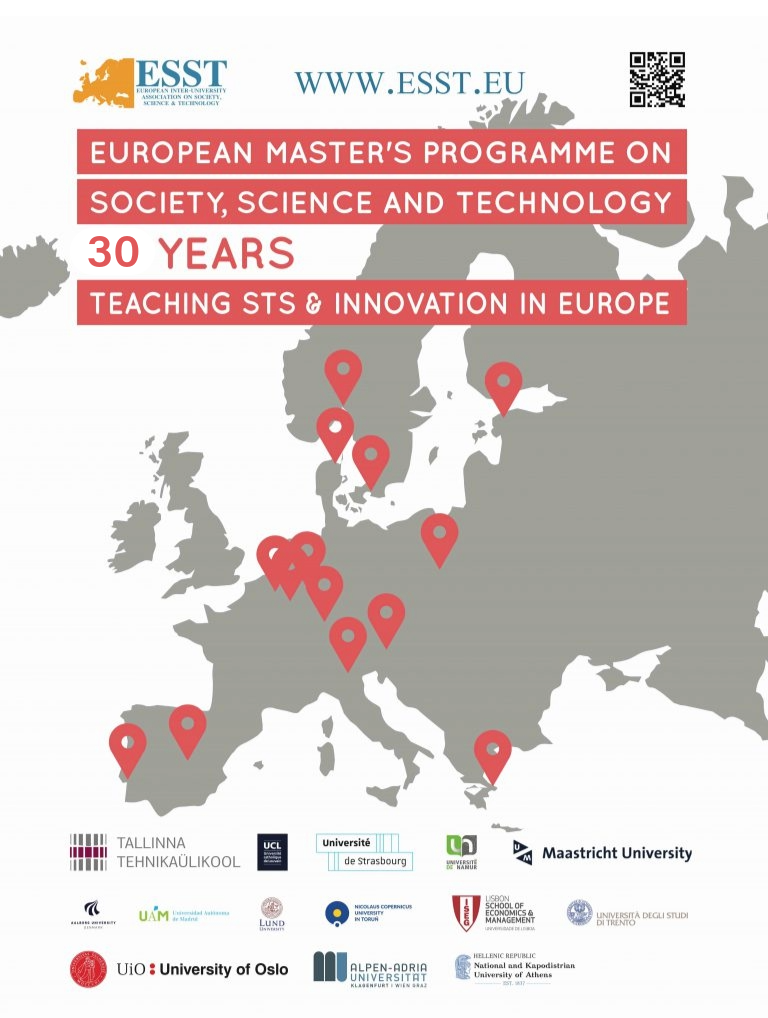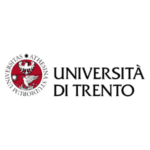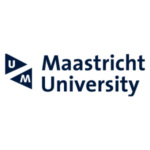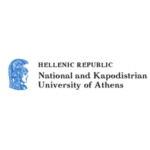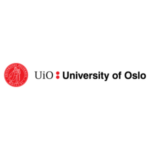Elective 1: Atmospheric Sciences in the Anthropocene
Elective 2: Evolutionary approach to science and innovation policies
Science and innovation policies are increasingly justified in economic terms: science turning into innovation would be a source of growth and employment. These arguments dominate both political and media discourse. However, these discourses are explicitly or implicitly based on a ‘Novlangue’ (‘Newspeak’, Fitoussi, 2020), impoverishing the language, the concepts and consequently the ways of thinking and designing these policies. This course proposes to develop critical analyses of these economic arguments by proposing at least one alternative socio-economic approach: the evolutionary and institutional approach. The course will cover all of these aspects: from design to the measurement of their impacts.
Organization:
General introduction: the role of the state seen by “economists”
- Characteristics of scientific and innovation processes
1.1 Knowledge as a public good
1.2. Innovation processes as interactive and collective processes
- Two spheres: the republic of science and the dictatorship of markets 2.1 The “republic of science” and the market
2.2. What and how to transfer or how to organize the interfaces
- The institutional and evolutionary approach to science and innovation policies 3.1. Analysis in terms of National Systems of Innovation
3.2. Institutional specificities and nature of the innovation policies
- Methods and measures of socio-economic impacts of policies. 4.1. Basics in economic impacts assessments
4.2. Socio-economic measures of research and policy impacts.
Bibliography:
Dosi G. & al. (1988) : “Technical change and Economic Theory”, Pinter publishers, London, 1988.
Fagerberg J. (2003) : “Schumpeter and the revival of evolutionary economics : an appraisal of the literature ”, Journal of Evolutionary Economics, 13(2), 125-159 Fitoussi J.P. (2020) : “Comme on nous parle : l’emprise de la Novlangue sur nos sociétés”, Les liens qui libèrent, Paris, 2020.
Mazzucato M. (2011), The entrepreneurial State, DEMOS, 2011.
Metcalfe J.S. (2005), Systems failure and the case for innovation policy in “Innovation policy in a knowledge-based economy: theory and practice”, P. Llerena, M. Matt (eds) Springer, 2005, chap.2, p.47-71.
Nelson R.R. eds (1993) : “National Systems of Innovation : a comparative study”, Oxford Uni. Press, 1993.
Targeted skills
– ability to analyze science and innovation policies, particularly in Europe – knowledge of the main instruments of these policies
– ability to write policy analysis notes
– mastery of oral argumentation concerning these policies.
Some potential supervisors:
- Laurent Bach, MdC in Economics
- Matthias Dörries, Prof. in Epistemology and History of Science • Patrick Llerena, Prof in Economics
- André Lorentz, MdC in Economics
- Francis Munier, MdC in Economics
- Julien Pénin, Prof in Economics
- Sandrine Wolj, MdC in Economics
Contact: Patrick Llerena (pllerena@unistra.fr), André Lorentz (alorentz@unistra.fr)

